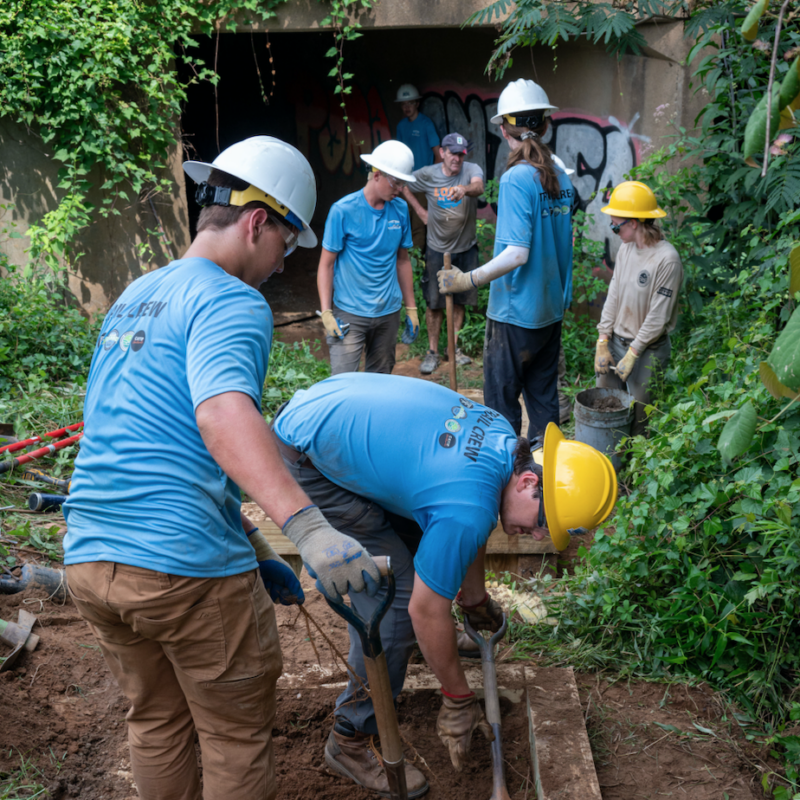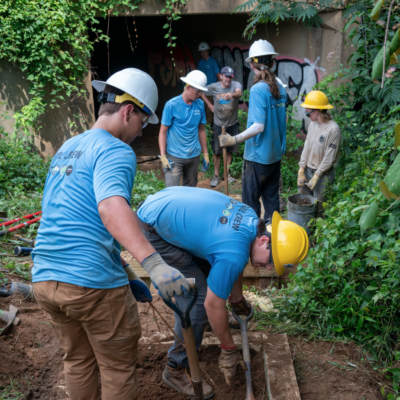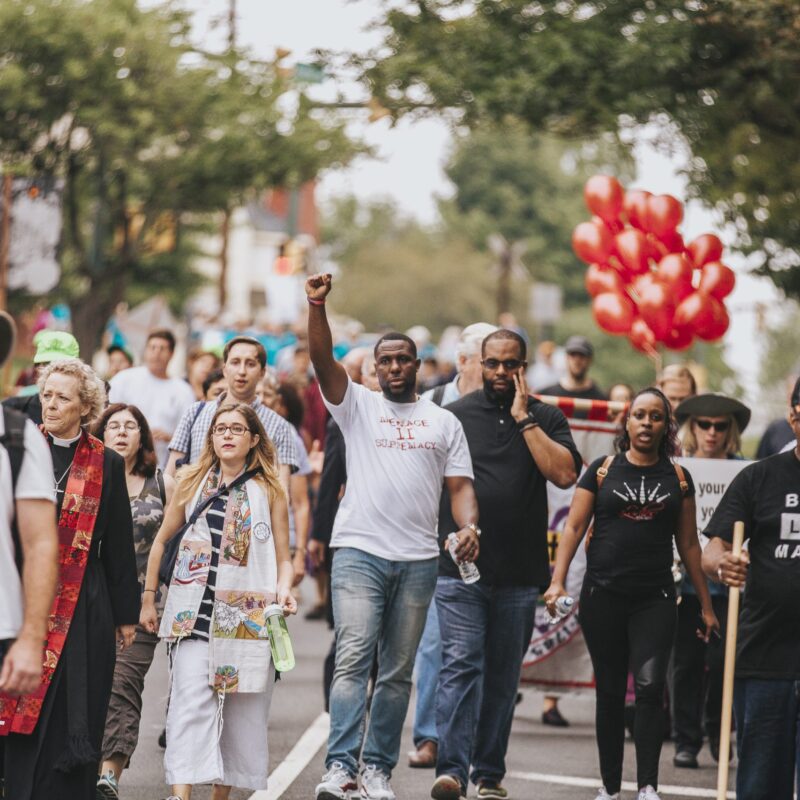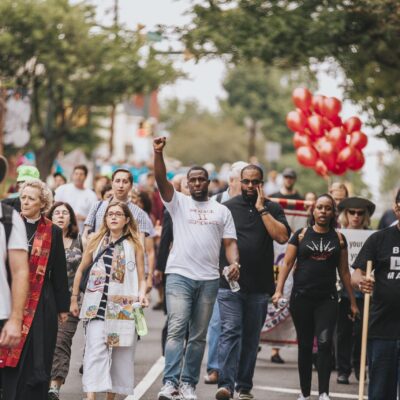This week’s feature story on Nelson County butcher Richard Bean fits nicely into the ongoing coverage of local food and drink that we at C-VILLE have been publishing for a number of years now. A lot of it’s been in a celebratory vein: introducing you to Virginia winemakers, giving shout-outs to the restaurants that list Keswick arugula on their menus, filling you in on the best ways to use those peaches you bought at the City Market (see our monthly ABODE section). But growing all that food is serious business, and accordingly, local farmers face serious issues. In late 2007, some of our local food coverage was a little less sweet than sour, as a legal battle engulfed Double H Farm. For some people, the case was a lot more disturbing than any hog carcass could be.
Paging through the archives
 |
“[The Virginia Department of Agriculture and Consumer Services’] avid pursuit has led to suspicions that VDACS has targeted Double H to make an example of the small farmer.
“‘It’s not up to us to decide what the law is,’ says Elaine Lidholm, a VDACS spokesperson. ‘We don’t make the law, we just enforce it. Right now the law does apply to everyone across the board.’
“‘If you’re asking if they’ve been treated in a discriminatory way, I would say no,’ says [Polyface Farms owner Joel] Salatin. ‘VDACS is trying to hold them to the letter of the law. If you want my feeling on if it’s a good law, that’s another whole discussion. The most critical issue here is that all of Richard’s and Jean’s customers who buy their food because it’s better than any place else are now being denied the freedom of food choice to decide to patronize their excellent products. That should raise the hackles of every red-blooded American.’
“One of those is Paul Kingston, a UVA professor of sociology who has been named interim associate dean for arts, humanities and social sciences. ‘I told [Bean and Rinaldi] the first time I ate one of the their pork chops that I considered it life transforming,’ he says. ‘I’ve been on a quest to find the ultimate pork chop and I found it.’”—Jayson Whitehead, October 2, 2007
Getting covered
|
Photo by Jason Lappa |
“‘The average person eats 70 pounds of beef a year,’ says Joel Salatin over the caws of the hens parading around the people gathered on his Polyface Farm in Swoope, Virginia, for the second annual Legislators on the Farm Day. Two politicians—one aspiring, the other an incumbent—stand behind him, waiting their turns.
“If there is one figure that has united the local food movement, perhaps even nationwide, it is Salatin. A third-generation farmer, he has become the focal point of a band of intensely devoted individuals who view as a fundamental right their ability to sell meat and vegetables they have raised directly to consumers. The fact that the government, the USDA specifically, must intervene in the middle of this process is an accepted but hardly tolerated evil.
“While Salatin has been at this for decades, he is at his most visible now, thanks at least in part to a 2006 book called Omnivore’s Dilemma. Lovingly crafted by author Michael Pollan, the tome details a litany of abuses wrought by industrial agriculture while balancing those against the efforts of indigenous farmers like Salatin. It has become a Bible for the movement and by placing Salatin at its center made him its messiah.”—Jayson Whitehead






